Coventry University Wins Court of Appeal Case Against Former BBC Journalist
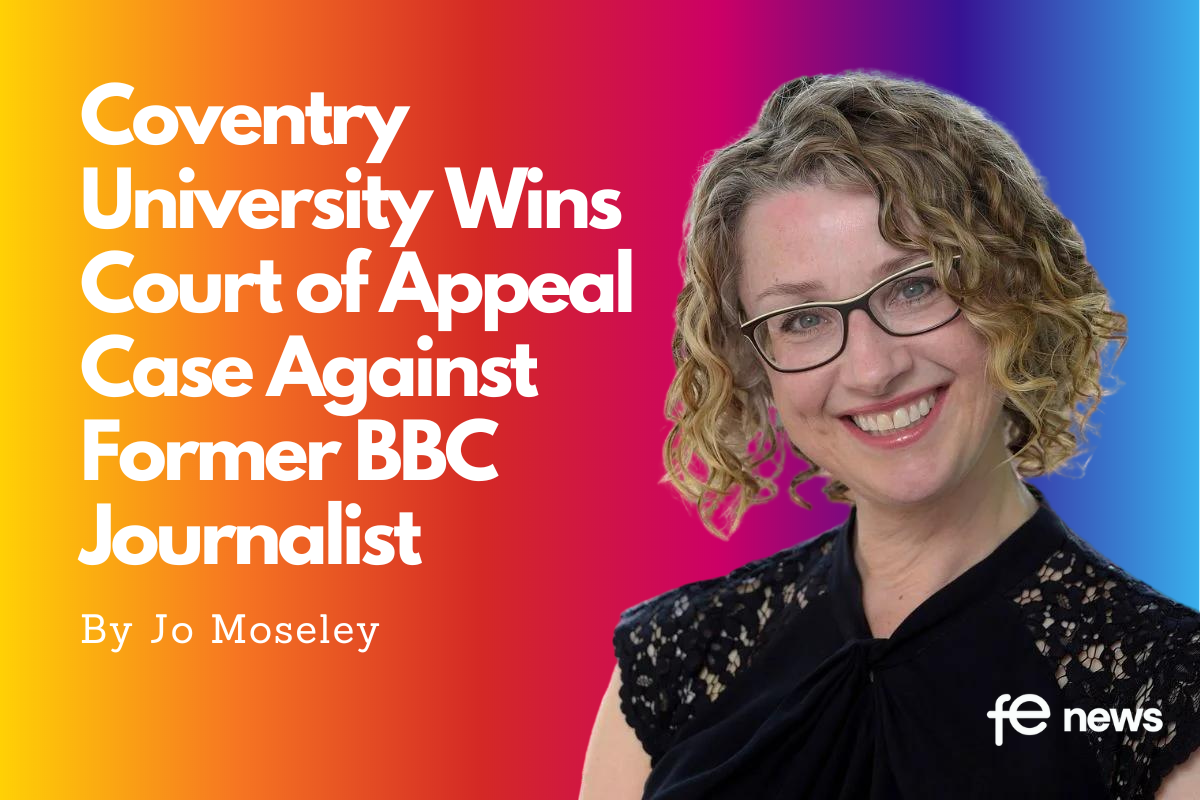
How Far Do You Have to Adjust Your Promotion Procedure to Accommodate a Disabled Applicant?
That question was at the heart of Pipe v Coventry University which was recently decided by the Court of Appeal.
Facts
Mr Pipe worked for the university as a grade 6 assistant lecturer. He wanted to be promoted to the next grade and made three applications in 2017, 2018 and 2019. All were unsuccessful.
The promotion framework (the Framework) that applied to staff who wished to move from grade 6 to grade 7 required them to:
- Demonstrate that they met the required standards (which included having a PhD, working towards one or exceptionally being able to show an equivalent ‘contribution to professional practice’). The application also had to be supported by various stakeholders to go forward; and
- Establish that there was a business need for the role and money was available to fund it.
Mr Pipe did not have a PhD. He suffered from a sleep disorder and medical evidence obtained from his consultant indicated this would prevent him from working towards a PhD. He was also diagnosed with ADHD in 2018.
The university accepted that both conditions were disabilities under the Equality Act 2010 and that it knew about Mr Pipe’s sleep disorder in 2016.
Mr Pipe asked the university to reconsider his 2018 application for promotion as a reasonable adjustment because his ADHD had ‘a significant impact on [his] ability to meet the requirements set out in the progression system’. The university refused. It said that it had rejected his application, in part, because there was no business case for his promotion. It suggested that he obtain feedback from his manager in time for the next promotion opening date and that he might be able to get an extension of time to submit his application. Mr Pipe submitted a further application.
In 2019, an OH report confirmed Mr Pipe’s diagnosis of ADHD and said that this made it hard for him to concentrate, organise and plan and meant that he could become distracted. It recorded his suggestion that he should be considered for promotion outside the normal process, in a teaching role that did not involve research. A report from his consultant said that Mr Pipe would not be able to obtain a PhD without it having a significant detrimental impact on his mental health.
The University rejected Mr Pipe’s further application for promotion because he had not demonstrated evidence that he was on a pathway towards obtaining a PhD or equivalent and there was no business case to support his promotion.
In 2020 Mr Pipe raised a grievance in which he asked to be promoted without having to go through the normal Framework and wanted a teaching role without any research. He claimed this was a reasonable adjustment. The University rejected his grievance because there were no substantial grade 7 teaching jobs available. He made another similar request which was also rejected, and he resigned.
He brought proceedings against the University, claiming that he had been subjected to discrimination arising from his disability, that the promotion framework indirectly discriminated
against him as a disabled person, and the University had failed to make reasonable adjustments to its promotion process.
The employment tribunal rejected his claims. The EAT dismissed Mr Pipe’s appeals relating to his applications in 2017, 2018, and 2019 but it did find that the judge had failed to address the aspects of his case that related to the events in 2020 and this part of his claim was sent back to the tribunal for reconsideration.
Mr Pipe challenged the EAT decision and was given permission to appeal to the Court of Appeal.
Decision of the Court of Appeal
The Court of Appeal rejected the appeal. Mr Pipe could not have succeeded with his applications because there was no business case and, without that, he could not be promoted. Mr Pipe’s disability didn’t play any role in the University’s decision making and an abled bodied person would have experienced the same roadblock and would not have been promoted.
Even though that meant that Mr Pipe couldn’t win his case, the Court went on to consider arguments about whether the tribunal had correctly determined whether the actions taken by the University in refusing to adjust its promotion Framework were a proportionate means of achieving a relevant aim (which was relevant to the arising from disability and indirect discrimination claims). It found that the tribunal had applied the law correctly. It had decided that the adjustments to the promotion Framework which Mr Pipe wanted were not reasonable adjustments which the law required the University to make and that set a floor for its considerations of the proportionality tests.
A spokesperson for Coventry University responded to this decision by saying that:
“We are pleased the Court of Appeal has ruled in our favour and supported the earlier tribunal findings. We take our duty as a responsible employer very seriously and will vigorously defend our approach.”
Tips for other employers
1. Provide a clear framework
If your promotion process requires the applicant to satisfy a business case as well as meet other qualifying experience, it makes sense to separate and deal with the two issues independently. There is no point in a candidate going to the time and trouble of completing an application (and jumping through any other hoops) if their application will be rejected on business grounds (such as lack of money etc). Make sure that process clearly explains the business case required before the candidate can move on to the next stage (i.e. considering their suitability).
A candidate’s disability will usually not be relevant in terms of deciding if there is a business case to support their promotion.
2. Make reasonable adjustments
Section 39 of the Equality Act stipulates that an employer must not discriminate against an employee in the way it affords access to opportunities for promotion. If an employee is disabled, you must look at what adjustments you can reasonably make to ensure they aren’t disadvantaged by the process. But, as this case demonstrates, that doesn’t necessarily mean that it’s reasonable to green
light them through the process. The extent of the adjustment required will depend on the skills necessary for the role the employee is applying for and the nature of their disability.
A couple of cases provide some useful pointers.
In Haynes v Chief Constable of Gloucestershire Constabulary [2008] a police officer with dyslexia was provided with coaching and given the questions he was going to be asked 90 minutes before his interview for promotion. Despite these adjustments he did not pass. He applied again and asked that his abilities be assessed via written work and reports. The Constabulary refused and asked him to complete an application form which included a section which asked him to explain why he should be promoted. His application was rejected and he brought a claim, arguing that his employer had failed to make reasonsable adjustments to the promotion process.
The tribunal concluded that the requirement to complete the application form did put him at a disadvantage and he should have been invited to an interview to explore the reasons why he considered himself suitable for promotion. However, it rejected the argument that it would have been a reasonable adjustment to dispense with the promotion board altogether.
In HM Land Registry v Wakefield [2007] Mr Wakefield had a stammer which was worse during stressful situations. He applied for promotion and asked to be assessed without an interview. His employers refused but did make some adjustments to the process. The EAT held that the employer had not breached its duty to make reasonable adjustments. Mr Wakefield was applying for a job as a senior manager, needed to have good oral communication skills and it was reasonable for the employer to consider how he might react in a confrontational ‘shop floor’ situation.
3. Take advice
Every case is fact sensitive. Take advice if you are not sure if the adjustment you are being asked to make is reasonable. Irwin Mitchell’s Abbi Copson successfully defended Coventry University in this case.
Irwin Mitchell’s Abbi Copson successfully defended Coventry University in this case.
By Jo Moseley, Senior Practice Development Lawyer, Irwin Mitchell



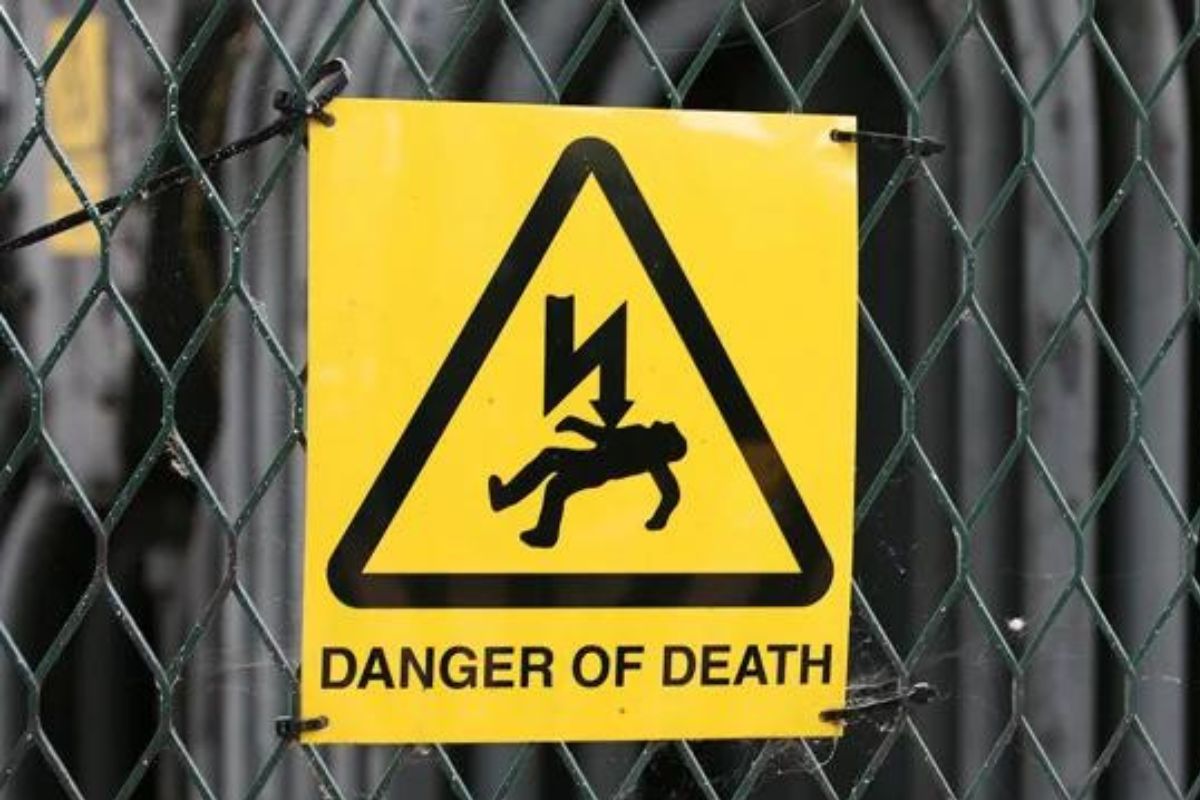

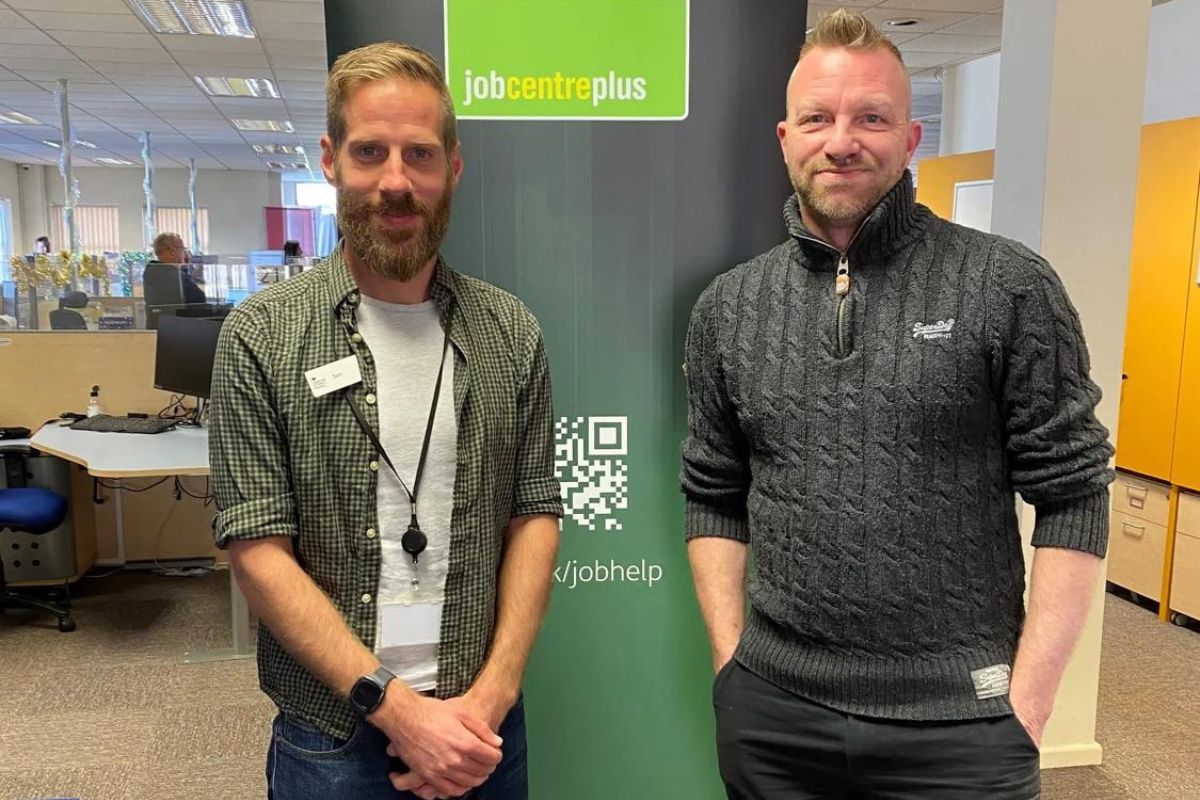
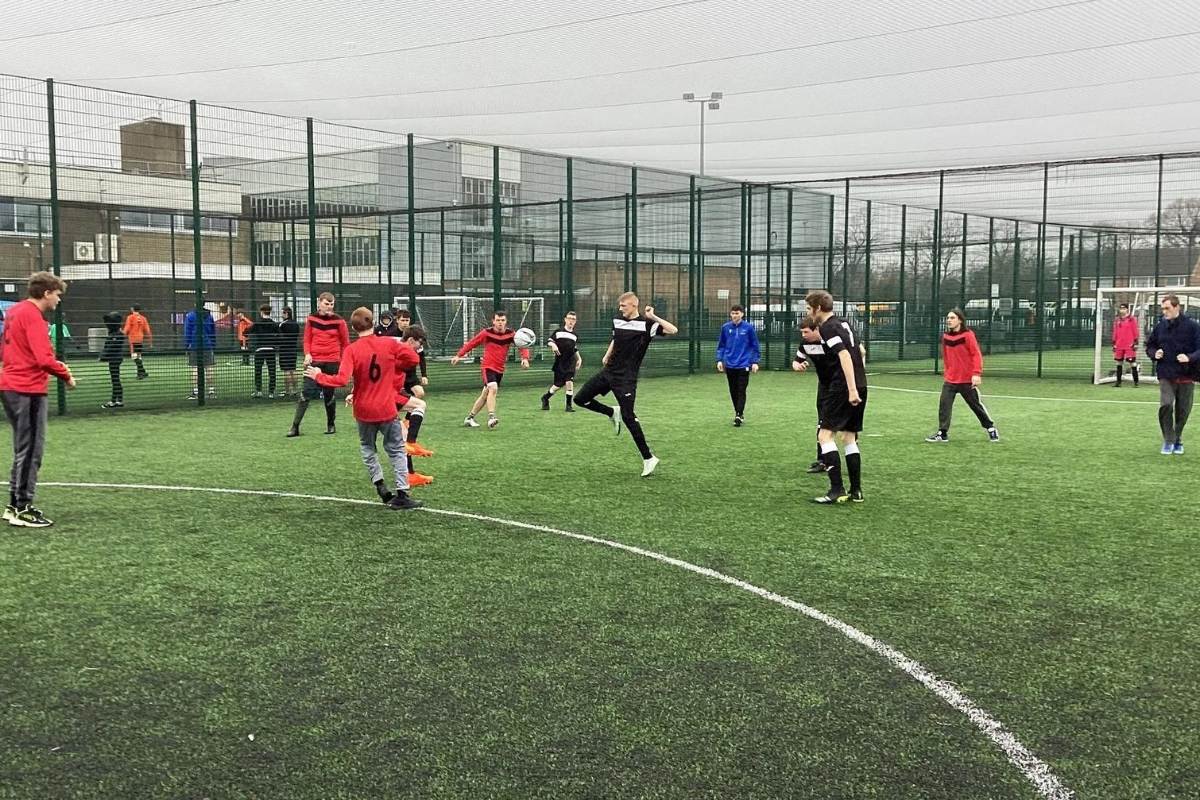


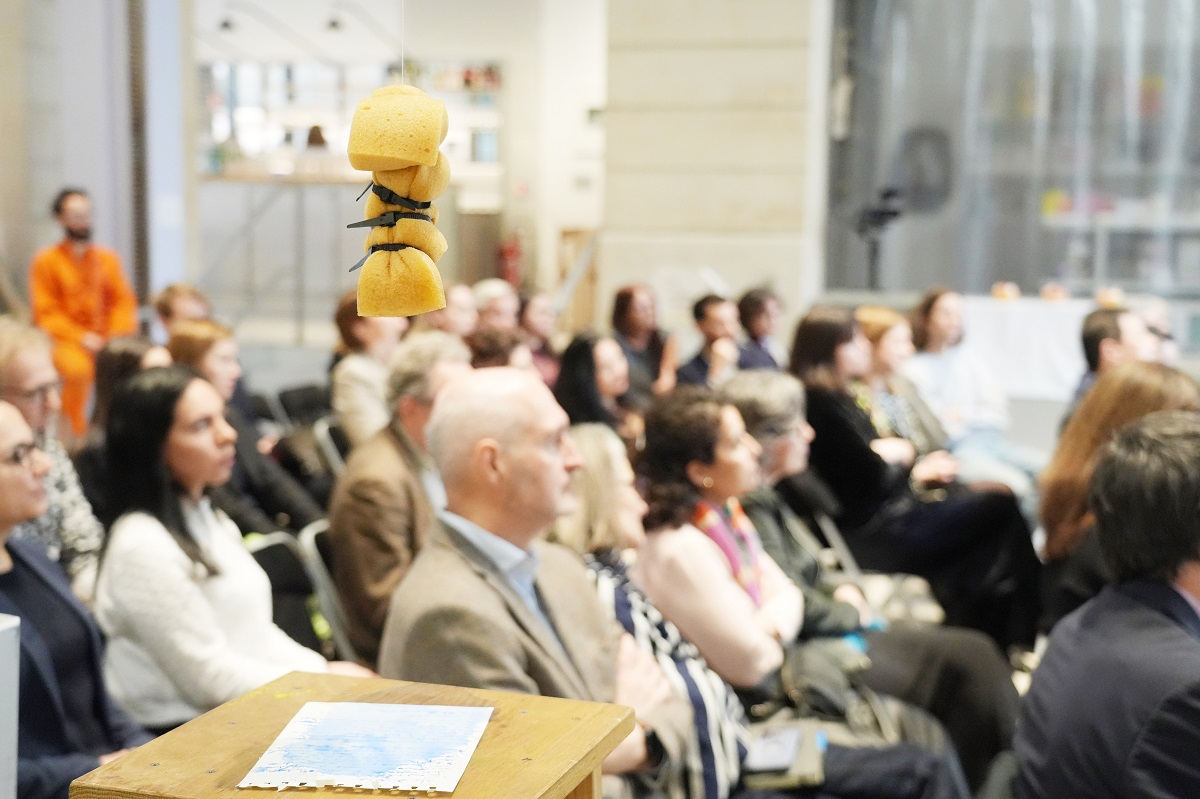


Responses